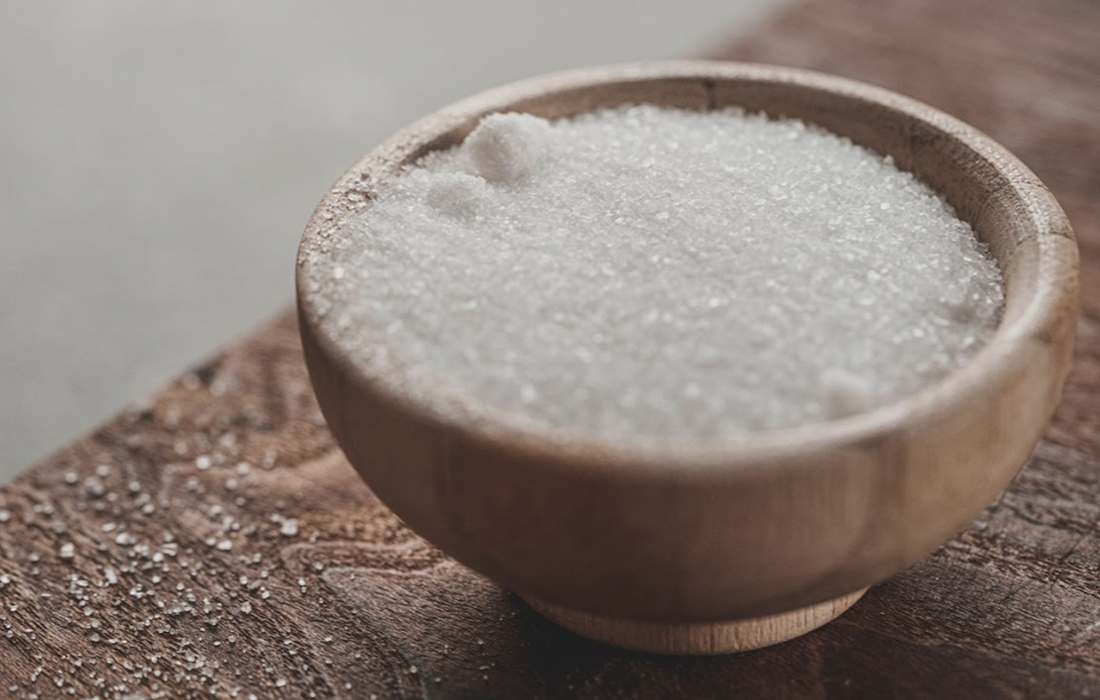Nutrition and Supplements
Nitrate: Meet Nutrition’s Jekyll and Hyde
For a long time nitrate has been viewed warily, with previous research showing it could potentially be linked to causing cancer.
However, subsequent research has revealed dietary nitrate also has various cardiovascular health benefits, which could help reduce the risk of related conditions such as heart disease, dementia and diabetes.
Edith Cowan University’s (ECU) Nutrition and Health Innovation Research Institute hopes to find out how and why nitrate has such contrasting potential risks and benefits.
Dr Catherine Bondonno led a review of nitrate research and says the key may lie in where it comes from.
“We get nitrate from three major dietary sources: meat, water and vegetables,” she said.
“Nitrate’s reputation as a health threat stems from 1970, when two studies showed it can form N-nitrosamines, which are highly carcinogenic in laboratory animals.
“However, no human studies have confirmed its potential dangers, and our clinical and observational studies support nitrate preventing cardiovascular disease if it’s sourced from vegetables.
“So the review looked to unpack all of that, identify new ways forward and ways that we can solve this puzzle, because it’s really time to address it: it’s been 50 years.”
Despite recent research indicating the source of nitrate may affect its health benefits and risks, current dietary guidelines relating to nitrate have been in place since the 1970s and don’t differentiate between nitrate from meat, vegetables and water.
“For instance, unlike meat and water-derived nitrate, nitrate-rich vegetables contain high levels of vitamin C and/or polyphenols that may inhibit formation of those harmful N-nitrosamines associated with cancer,” said Dr Bondonno .
Given its divided experts in the field, Dr Bondonno said it’s understandable people may be confused as to whether nitrate is good or bad for them.
Despite the debate, she said current evidence suggests people should aim to get their nitrate from vegetables, but there was no need to go overboard.
“Dark green, leafy vegetables and beetroot are good sources, our research shows one cup of raw, or half a cup cooked per day is enough to have the benefits on cardiovascular health,” she said.
“The potential cancer link was raised 50 years ago; now it’s time to conduct an in-depth analysis to distinguish fact from fiction.”
Sources:
Catherine P. Bondonno, Liezhou Zhong, Nicola P. Bondonno, Marc Sim, Lauren C. Blekkenhorst, Alex Liu, Anjana Rajendra, Pratik Pokharel, Dorit W. Erichsen, Oliver Neubauer, Kevin D. Croft, Jonathan M. Hodgson. Nitrate: The Dr. Jekyll and Mr. Hyde of human health? Trends in Food Science & Technology, 2023; 135: 57 DOI: 10.1016/j.tifs.2023.03.014
Edith Cowan University. “Nitrate: Healthy heart or cancer risk? Meet nutrition’s Jekyll and Hyde.” ScienceDaily. ScienceDaily, 21 May 2023. <www.sciencedaily.com/releases/2023/05/230521230635.htm>.
Images from:
Photo by Faran Raufi
https://unsplash.com/photos/u_Mwofs_zu0

